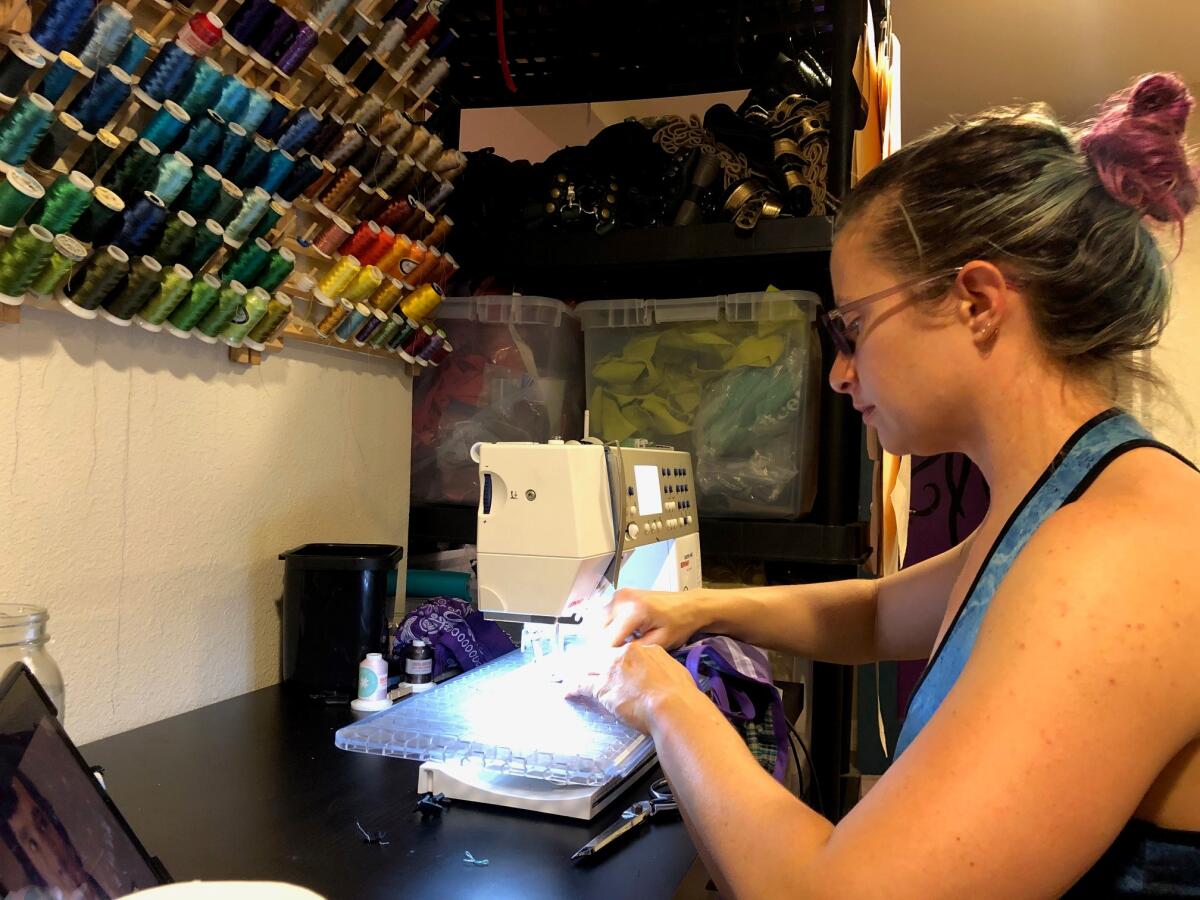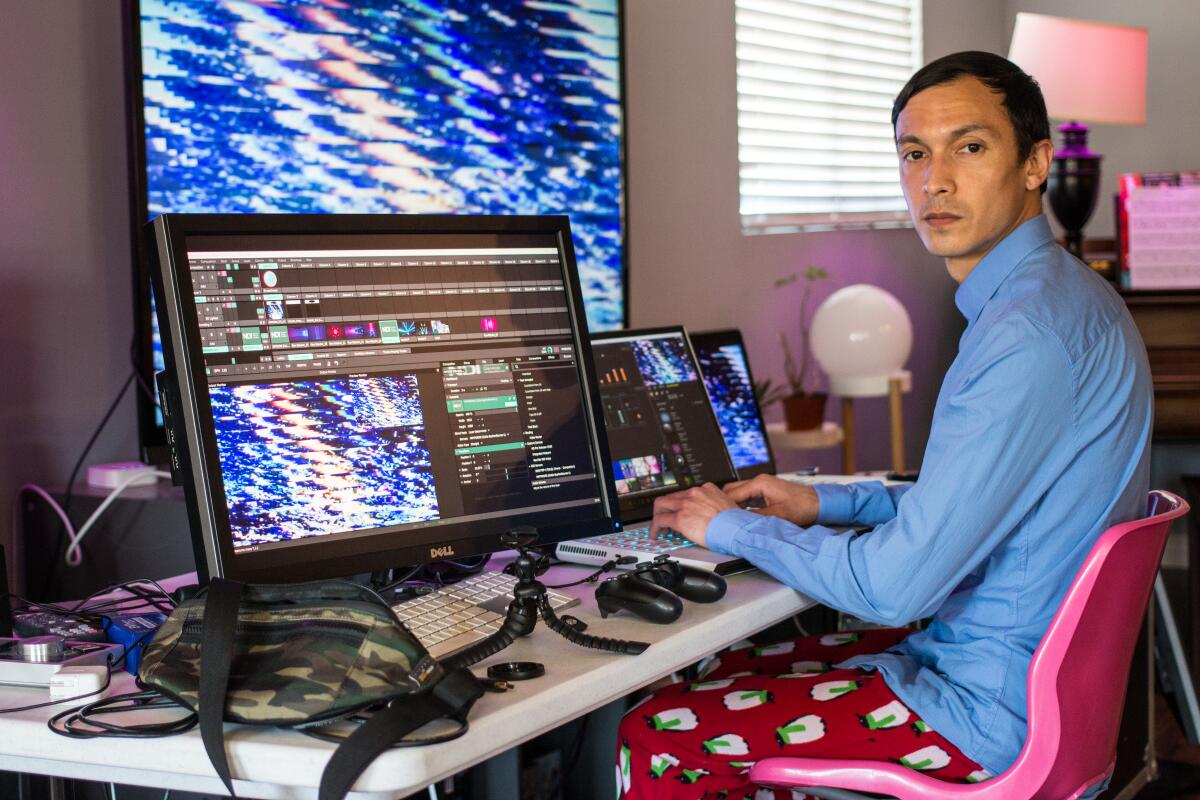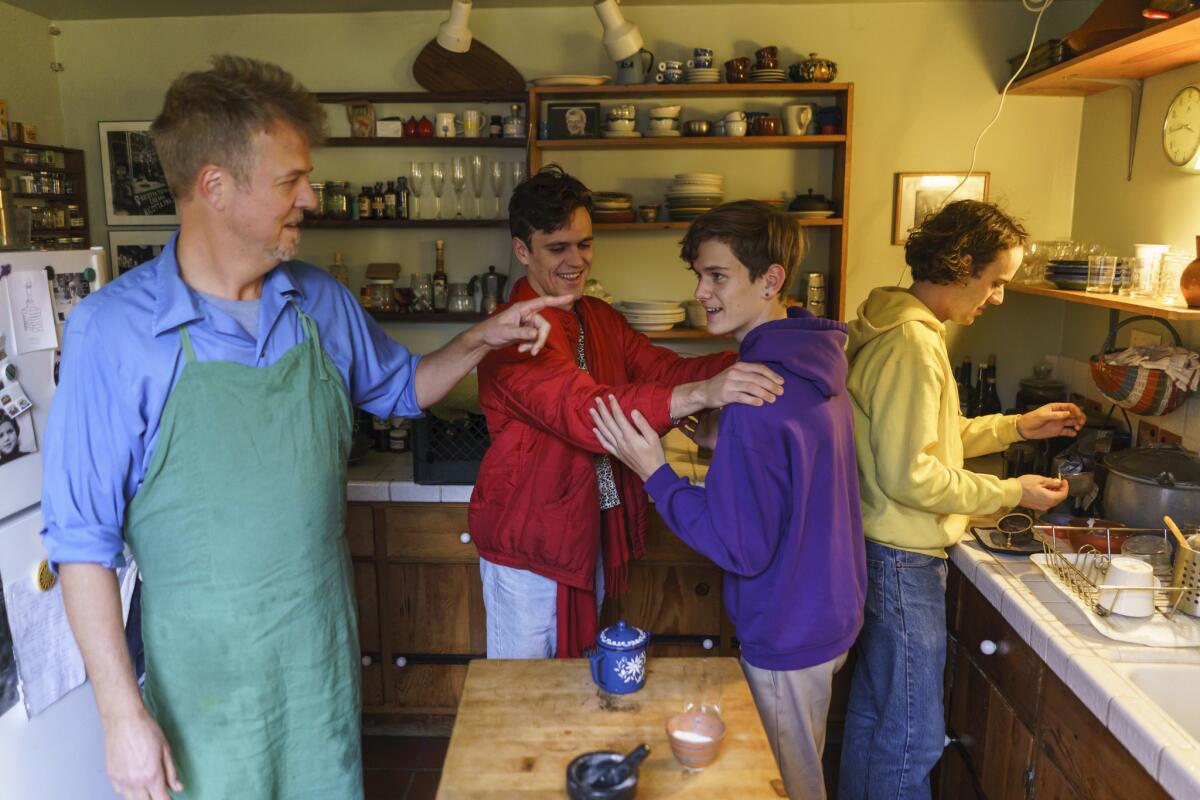Follow Us
Ronald D. White was a reporter for the Los Angeles Times from 1993 to 2024. His work on the Business desk included leadership profiles, innovations in manufacturing, retail and business trends. White did stints as a reporter for the Norfolk Virginian-Pilot and as a reporter and then as a staff writer, assistant editor and editorial writer for the Washington Post before joining The Times.
Follow Us
Emmanuel Morgan is a former reporter for the Los Angeles Times. Prior to joining The Times in October 2019, his work appeared in the Charlotte Observer and the Atlanta Journal-Constitution. Morgan is a graduate of Elon University and a native of Charlotte, N.C.
Julissa James is a staff writer for Image, where she covers culture, style, fashion, art and L.A. She has been with the Los Angeles Times since 2019 and has written for the magazine since 2021.
Kailyn Brown is a lifestyle reporter for the Los Angeles Times. Previously, she worked as a staff writer for Los Angeles Magazine and the Las Vegas Review-Journal. When she’s not penning an article, she’s DJing at events and parties around the city.
Samantha Masunaga is a business reporter for the Los Angeles Times. She’s worked at the paper since 2014.
Jack Flemming covers luxury real estate for the Los Angeles Times. A Midwestern boy at heart, he was raised in St. Louis and studied journalism at the University of Missouri. Before joining The Times as an intern in 2017, he wrote for the Columbia Missourian and Politico Europe.












